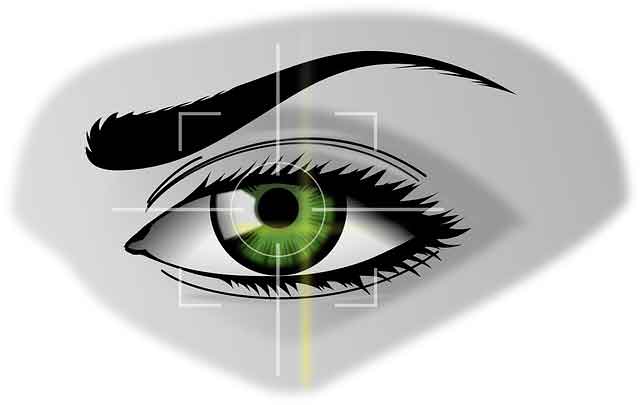Homeland Security

 Derrick Broze
Derrick Broze
Activist Post
October 20, 2016
A recently released report from the Center for Privacy and Technology is calling attention to the growing danger of facial recognition software.
Georgetown Law University’s Center for Privacy and Technology has released a new report detailing how law enforcement is using facial recognition software without the knowledge or consent of the people. The report, “The Perpetual Line-Up: Unregulated Police Face Recognition in America,” examines several cases of misuse or abuse of facial recognition technology.
The researchers filed more than 100 public records requests to police departments around the nation. The team found that one in two American adults has their image in a facial recognition database, including law enforcement in 26 states who use facial recognition in combination with drivers license and ID pictures. Sixteen of those states give the Federal Bureau of Investigations access to their Department of Motor Vehicles databases.
The public records requests also reveal that at least five major cities use or have considered using facial recognition technology to scan the faces of pedestrians. The report highlights a lack of record keeping and laws dealing with limiting facial scanning. According to the findings of the researchers, facial recognition software could also be used to limit free speech and currently very few states have taken measures to protect protesters and activists from being targeted. The face recognition systems are also not subject to auditing for misuse.
Even with the lack of accountability, the authors of the report put their faith in law enforcement and do not believe the increase in facial scanning is related to the erection of a police and surveillance state.
“The law enforcement officers who use the technology are men and women of good faith. They do not want to invade our privacy or create a police state,” the researchers write. “They are simply using every tool available to protect the people that they are sworn to serve. Police use of face recognition is inevitable. This report does not aim to stop it.”
Instead, the team hopes that the report offers an understanding of “the very real risks that face recognition creates.” The report calls for Congress and state legislatures to fix the issue through legislation and regulation.
Following the release of the Georgetown report, the Electronic Frontier Foundation and a coalition of privacy groups called on the the U.S. Department of Justice, Civil Rights Division to put facial recognition “in check.” The coalition is calling on the DOJ and FBI to expand current investigations into whether the use of surveillance tech like facial recognition has a disparate impact on neighborhoods of color.
The report also mentions the FBI’s fingerprint and DNA databases as a source of concern. “By running face recognition searches against 16 states’ driver’s license photo databases, the FBI has built a biometric network that primarily includes law-abiding Americans. This is unprecedented and highly problematic,” the researchers write.
In May, Activist Post reported that the FBI is attempting to suppress information about their massive database which contains fingerprints, palm prints, iris, voice, and face scans, as well as other biometric data, of millions of Americans. The FBI, the DOJ, and local law enforcement all same determined to keep the public in the dark concerning the full extent of domestic surveillance and monitoring via biometric tools like facial recognition software. It is up to every free heart and mind to continue shining a light in the darkness.
Protect your face, protect your identity, and expose the Surveillance State.
Derrick Broze is an investigative journalist and liberty activist. He is the Lead Investigative Reporter for ActivistPost.com, where this article first appeared, and is the founder of the TheConsciousResistance.com. Follow him on Twitter. Derrick is the author of three books: The Conscious Resistance: Reflections on Anarchy and Spirituality and Finding Freedom in an Age of Confusion, Vol. 1 and Finding Freedom in an Age of Confusion, Vol. 2
Derrick is available for interviews. Please contact
This email address is being protected from spambots. You need JavaScript enabled to view it.